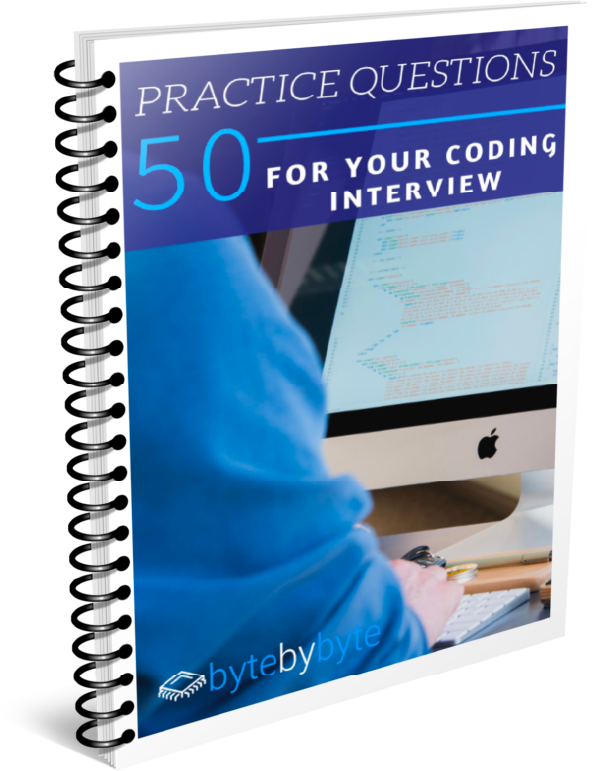
Great engineers don’t wear designer jeans. So if you’re interviewing an engineer, look at his jeans. There are always exceptions, of course. But it’s a surprisingly good heuristic.
Stephen Cohen
When I was interviewing for my first ever tech job, I wore a suit. Mind you, this was a startup with 5 employees. Half the time the company operated out of the cofounders’ apartment and the rest of the time everyone shared a few desks in a local co-working space.
After the first interview, they mentioned offhand that I really didn’t need to wear a suit. They had interviewed me in ripped jeans and company t-shirts.
The next interview I figured they said to wear whatever, but I really wanted to impress them with my dedication to the position, so I broke out the suit again. This pattern of me wearing a suit and them telling me it was unnecessarycontinued through the whole interview process. I was ultimately offered the position.
At orientation, there were probably 4 or 5 new interns, so we went over a bunch of ground rules – pretty standard stuff. When we got to dress code, they had written it up as follows: “Wear whatever you want. Seriously. Except Sam isn’t allowed to wear a suit.”
How important is dress?
The studies vary in exactly how much time they say it takes to make a first impression, but suffice to say it isn’t a long time. And it’s not based on how you speak or where you went to college. It’s based on how you present yourself, including what you wear.
There are a lot of problems with Stephen Cohen’s statement (see in depth discussion on Quora). First impressions matter and what you wear is critical to the first impression you make. If designer jeans will help you look your best, then you should wear designer jeans!
In the end, is what you wear going to make or break your interview? Maybe. Maybe not. It’s hard to say how much your interviewer will care (this is, of course, about your technical skills, not your dressing skills), but you should always be trying to stack the odds in your favor and make the best impression possible.
Tl;dr: Don’t dresslike a schlump.
What should I wear?
Let me say something up front: NEVER wear a t-shirt to an interview, even if it’s that company’s shirt.
NEVER wear a t-shirt to an interview, even if it’s that company’s shirt. Click To TweetLet’s start with some general rules to dressing appropriately. These may be obvious to a lot of people, but they’re important enough to warrant repeating:
- Wear clean clothes. No one wants to see the stains from last night’s dinner on your shirt.
- Wear wrinkle-free clothes. Again, let’s look presentable here.
- Wear clothes that fit. Well-fittingclothes always look better.
These rules apply to any clothes you happen to wear for your interview, whether it’s a suit, dress, or polo with jeans.
Now we need to talk specifics. Here is your rule of thumb: Wear clothes that are one to two degrees nicer than what employees normally wear.
For example, if employees normally wear jeans and t-shirts, wear jeans and a button-down. If employees normally wear button-downs and slacks, wear a suit. Of course if the employees normally wear suits, you don’t really want to show up wearing a tux, so a suit is fine. Never go dressier than a suit unless there is a very particular reason.
The problem you may run into, especially when you haven’t interviewed before at a company, is not knowing what to wear. Thankfully we have some resources for that. Go on the company website and see if they have any photos, possibly on the careers page. You can also go to the photos section on Glassdoor for a given company.
If you still can’t find any photos, it’s okay to err on the side of caution. In this case, you can wear an outfit that can be dressed up and down. Men, for example, could wear a jacket and tie, but remove the tie and/or jacket if it turns out to be too formal once they arrive. Women can do something similar.
In the end, the clothes aren’t the most important part of your interview, but they’re one of the easiest parts to control, so why not give yourself an extra advantage. Wearing the right clothes can not only make a good impression, but also show understanding of the company and its culture. So dress to impress, but don’t try to impress too much.



